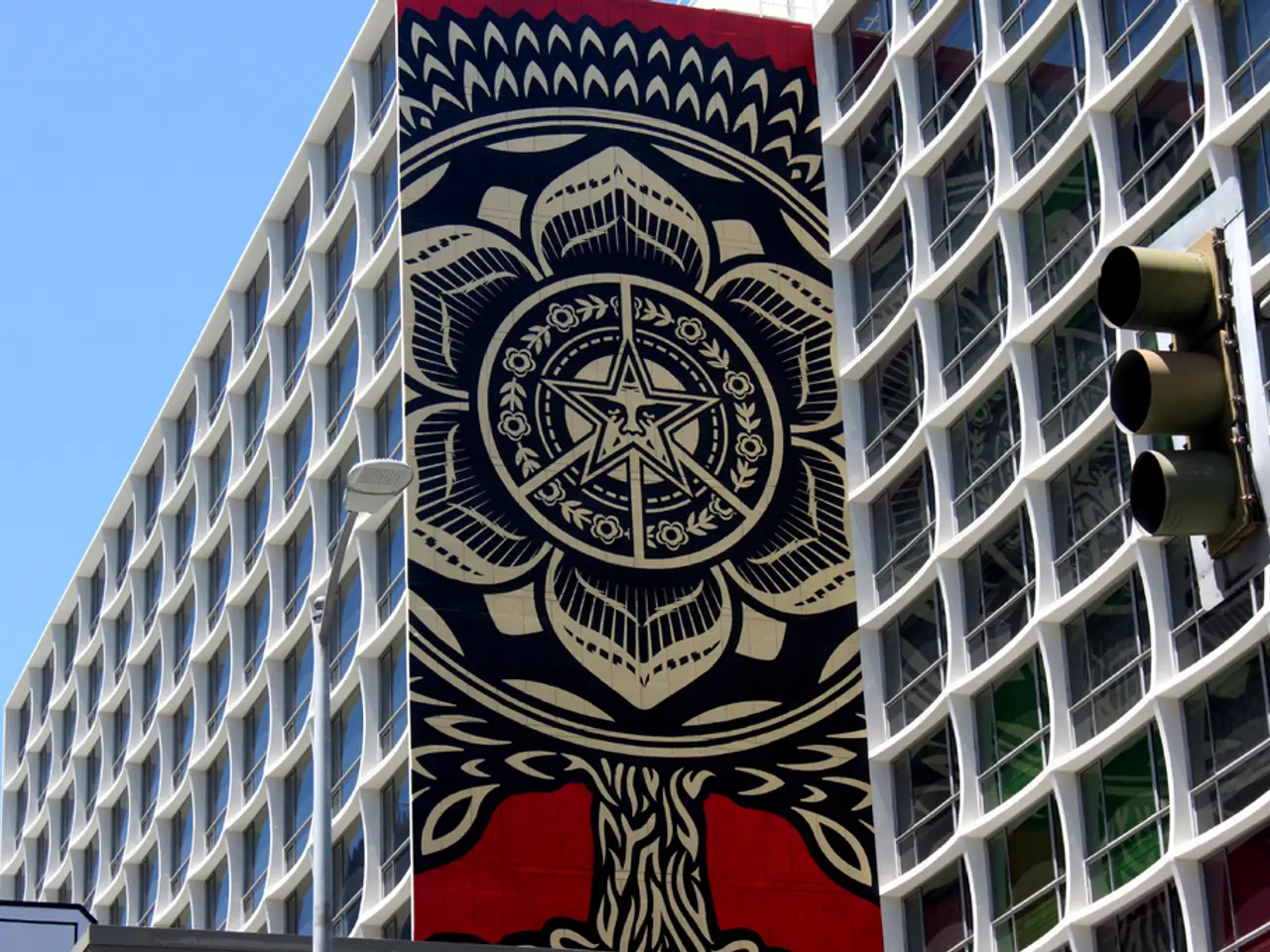Investment community may be alarmed by South Korean arrests, Trump suggests
In a surprising turn of events, a raid conducted by the U.S. Immigration and Customs Enforcement (ICE) agency on September 4, 2023, at the construction site of the Hyundai-LG electric car battery factory in Georgia, resulted in the arrest of around 475 workers. The workers, mostly South Korean nationals, were suspected of lacking legal immigration status, making it the largest single-site operation conducted since President Trump launched a sweeping immigration crackdown.
The work site, operated by Hyundai-LG, was the centre of the operation involving nearly 500 agents. Images of the workers being chained and handcuffed during the raid caused widespread alarm in South Korea, with many expressing concern about the potential impact on future investments.
South Korean President Lee Jae Myung voiced his concerns, stating that the raid could discourage future investment from South Korean companies. He urged for a reconsideration of the immigration policies, fearing that such actions could have a chilling effect on the business environment.
However, President Trump has maintained a different stance. He stated that foreign workers are 'welcome' in the United States, particularly foreign experts who can contribute to building complex products, such as chips, semiconductors, computers, ships, and trains. He expressed a willingness to learn from these experts and surpass their achievements in the future.
In a surprising turn of events, the United States decided against deporting the South Korean workers arrested in the raid. This decision, while not explicitly stated, may be an indication of the administration's desire to not disincentivize investment in the U.S.
Korea's trade unions have called for an official apology from President Trump, citing the distress caused to the workers and their families. The incident has sparked a heated debate, with opinions divided on both sides of the Pacific.
As the situation unfolds, it is clear that the Georgia raid has shaken the foundations of U.S.-South Korea relations, raising questions about immigration policies and their impact on business and diplomacy.




